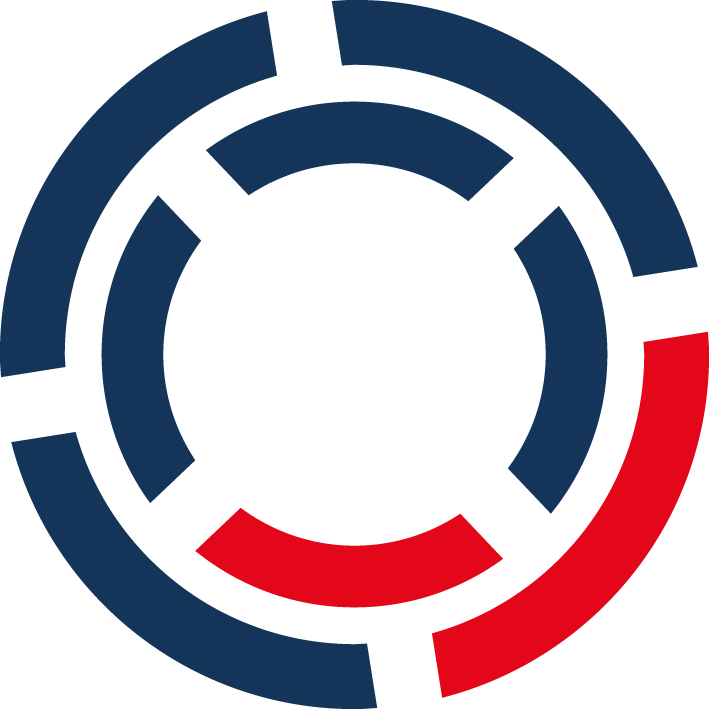How threat intelligence helps to protect your company?
The threat situation in cyberspace is constantly evolving. New attack vectors, techniques and vulnerabilities emerge every day. It is therefore...
5 min read
 DriveLock
Apr 18, 2024 11:33:59 AM
DriveLock
Apr 18, 2024 11:33:59 AM

Information security is more important than ever before. Organisations need to protect their sensitive data from a range of threats, including cybercrime, data breaches, and intellectual property theft. That's where ISO 27001 comes in.
| TABLE OF CONTENT |
ISO 27001 is an international standard for information security management systems (ISMS) that helps organisations manage and protect their sensitive information. In this blog post, we'll explore what ISO 27001 is, its benefits, and why organisations should consider obtaining this certification.
ISO 27001 is a globally recognised standard for information security management. It provides a framework for organisations to establish, implement, maintain and continually improve an effective information security management system (ISMS). The standard sets out a number of requirements that an organisation must meet in order to achieve certification, which provides assurance to stakeholders that the organisation has implemented appropriate security controls to protect its information assets.
The ISO 27001 standard provides for a risk-based approach to information security management, meaning that organisations must identify and assess the risks to their information assets and implement controls to mitigate these risks. The standard also requires organisations to establish policies, procedures and processes for the management of information security, including incident management, business continuity and disaster recovery.
By defining clear requirements and guidelines, the standard establishes the framework for effectively protecting sensitive information while proactively managing risks. The key aspects of ISO 27001 include a risk-based approach, continuous improvement, integrating information security into organisational processes and adapting to current technologies and threats.
Understanding these key aspects is crucial for organisations that want to ensure the security of their information and strengthen the trust of their stakeholders. Here are some key aspects of ISO 27001:
1 |
Risk-based approach: The standard requires a risk-based approach to information security. This means that organisations must identify, assess and treat risks that could threaten their information and information systems. |
2 |
Plan-Do-Check-Act (PDCA) cycle: ISO 27001 is based on the PDCA cycle, which comprises planning, implementation, review and continuous improvement. This cycle is crucial for the development and maintenance of an effective ISMS./span> |
3 |
Adaptability: The standard is designed to be applicable to different types of organisations and industries, regardless of the size, nature and scope of their operations. |
4 |
Certification option: Organisations can be audited and certified for compliance with ISO 27001 by independent certification bodies. Such certification can increase the confidence of customers and other stakeholders in an organisation's information security practices. |
5 |
Continuous improvement: The standard emphasises the importance of continuous improvement. Organisations must regularly monitor, assess and improve their information security performance to keep pace with ever-changing threats and challenges. |
ISO 27001 works by providing a framework for organisations to develop, implement, maintain and continually improve an effective information security management system (ISMS). Here is an explanation of how ISO 27001 works in general:
ISO 27001:2013 and ISO 27001:2022 are different versions of the same standard, each specifying different requirements and guidelines for information security management. Here are the main differences between the two versions:
Overall, ISO 27001:2022 aims to improve the effectiveness and relevance of the standard for modern organisations by better aligning it with the ever-changing landscape of information security.
The benefits of ISO 27001 include:
Overall, these benefits make ISO 27001 a valuable framework for any organisation looking to improve its information security.
To summarise, ISO 27001 is a comprehensive and effective framework for managing information security risks in today's digital age. It helps organisations to protect sensitive data from cyber threats and security incidents and provides a proactive and systematic approach to information security.
Implementing ISO 27001 can also lead to improved business continuity, greater customer confidence and a competitive advantage. If you are considering implementing ISO 27001, it is important to work with an experienced and knowledgeable partner who can guide you through the process and help you meet the standard.
The implementation of critical security controls supports the implementation of guidelines such as ISO 27001, including solutions such as DriveLock's Device Control and Application Control solutions. These are also certified to Common Criteria EAL 3+ by the independent Swedish CSEC authority.

The threat situation in cyberspace is constantly evolving. New attack vectors, techniques and vulnerabilities emerge every day. It is therefore...
.png)
As organizations embark on their digital transformation journey, endpoint security has become a defining element of business success, and its...

Cybersecurity incidents have become an inevitable reality for businesses of all sizes. From data breaches to ransomware attacks, the threats are...